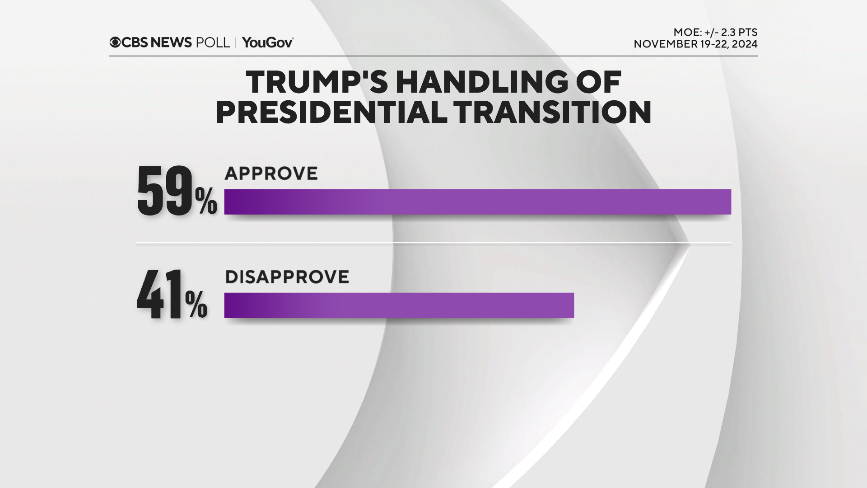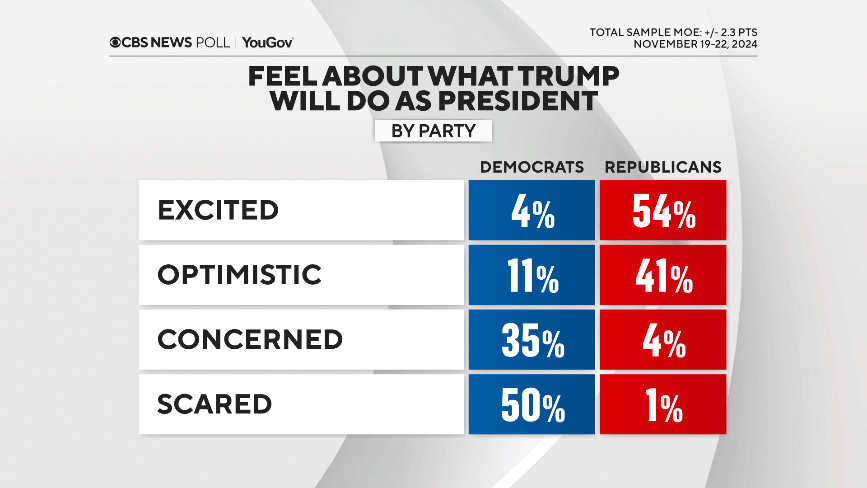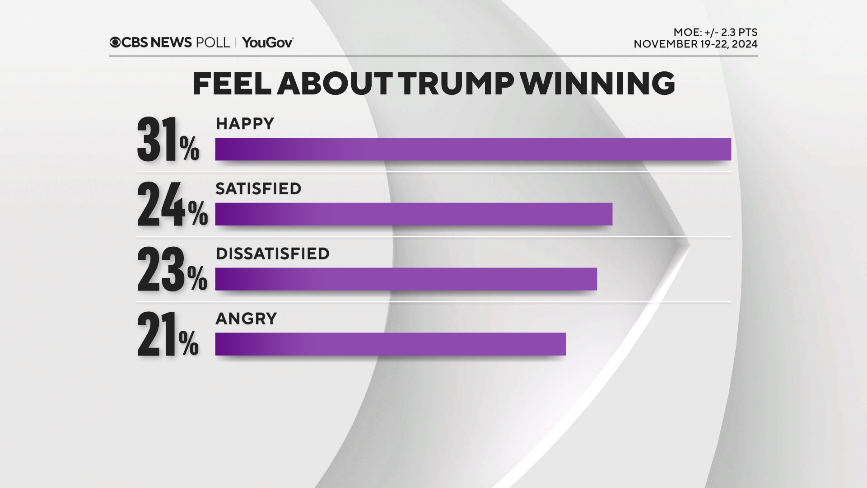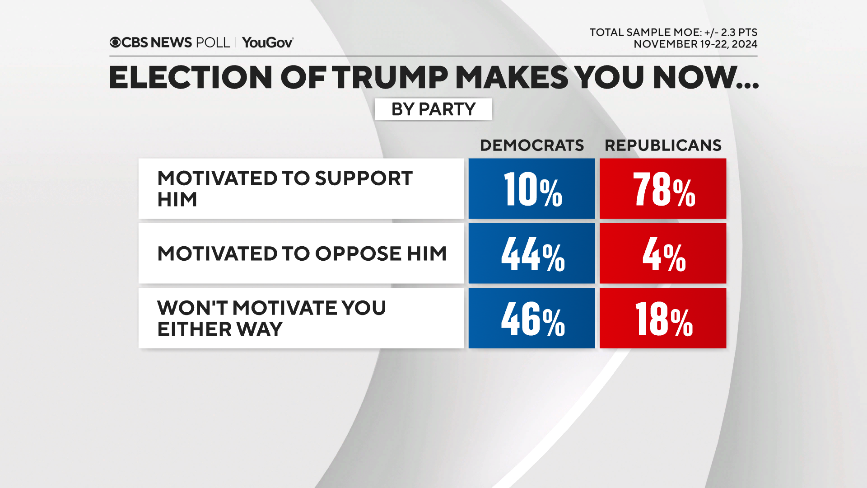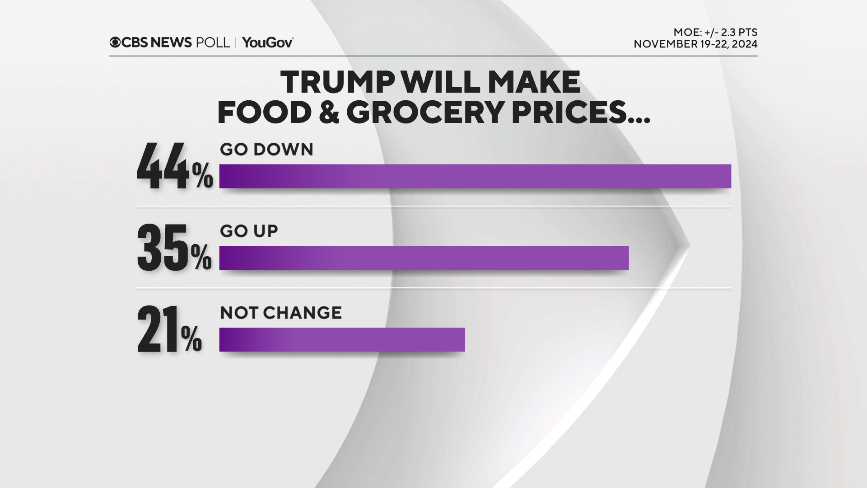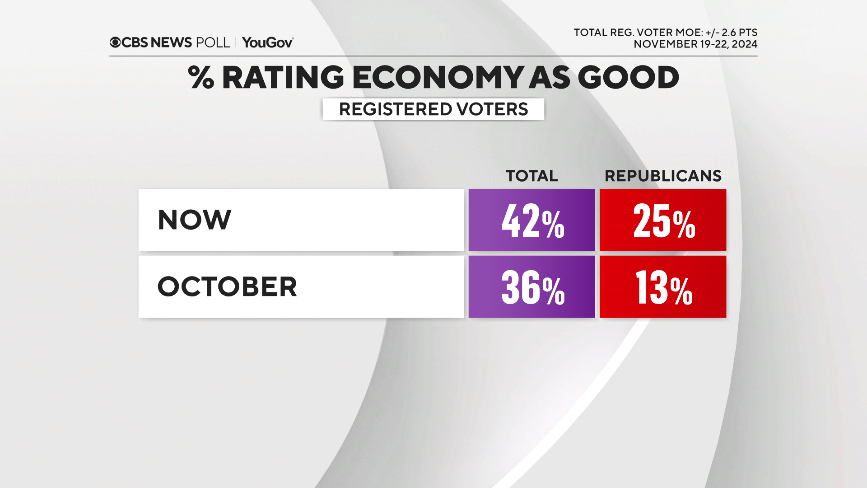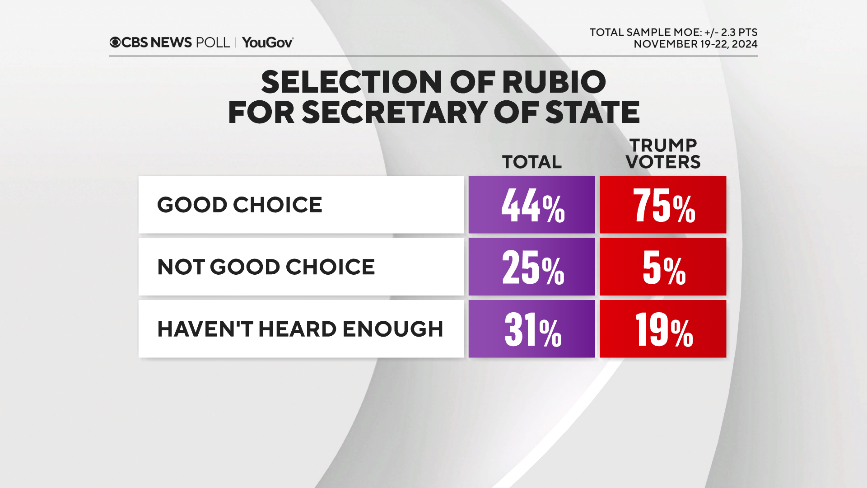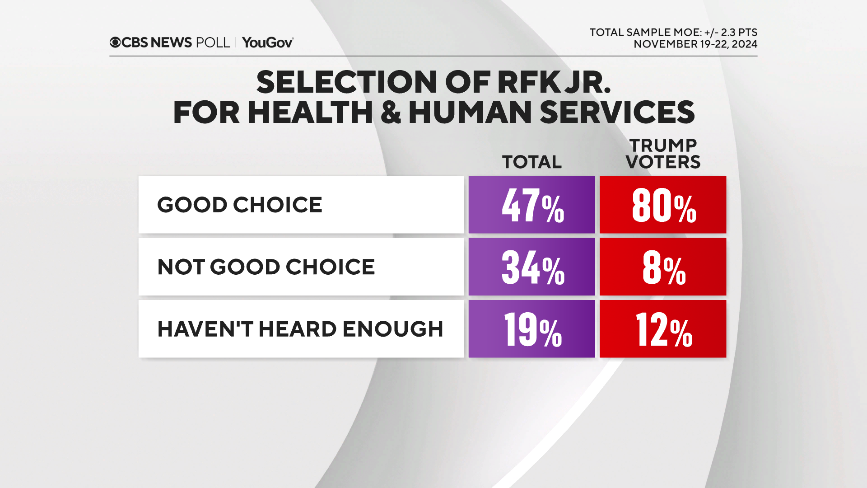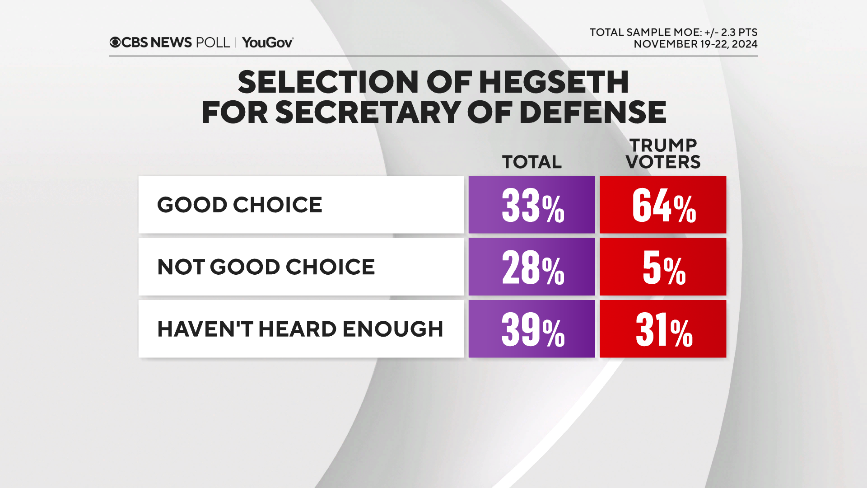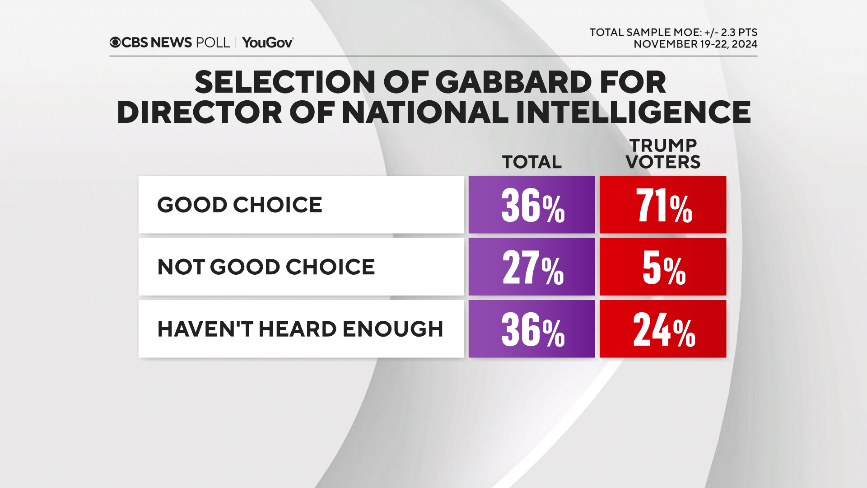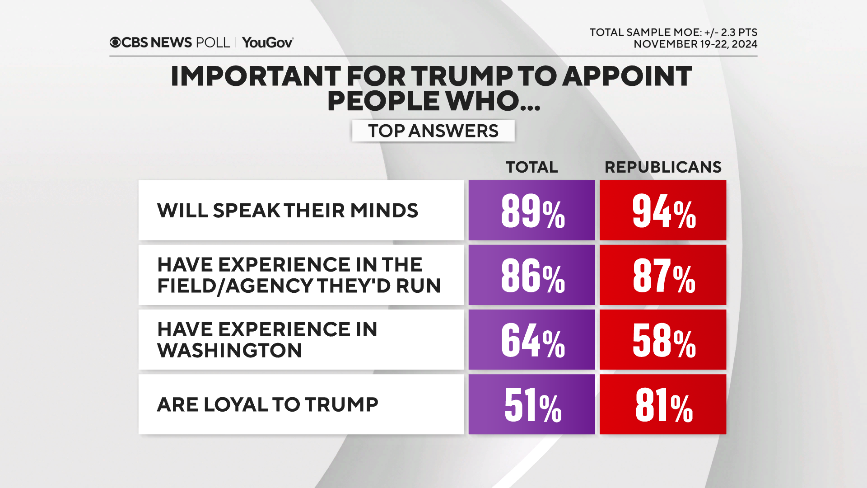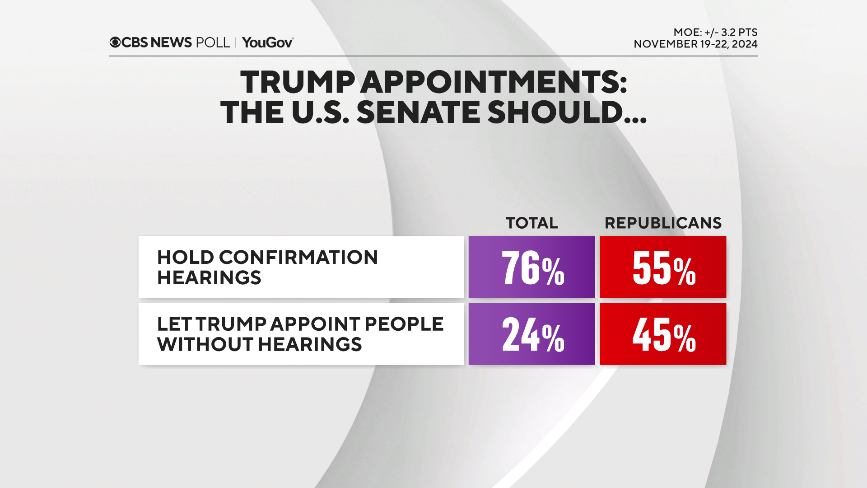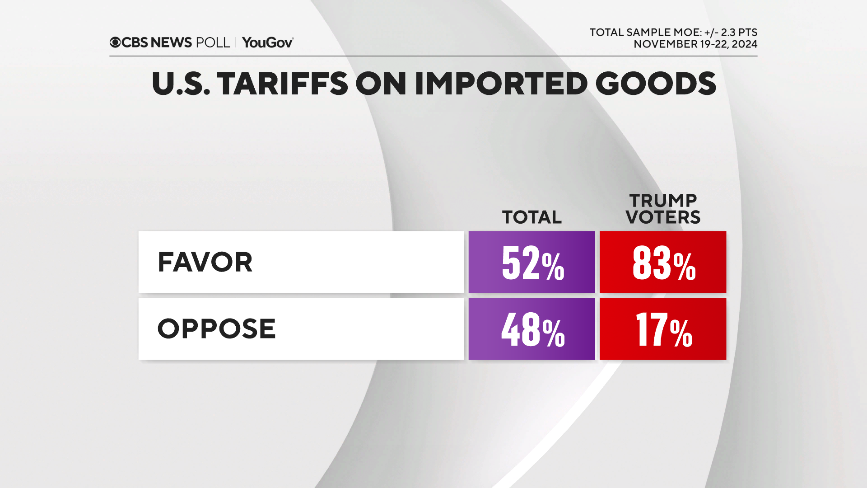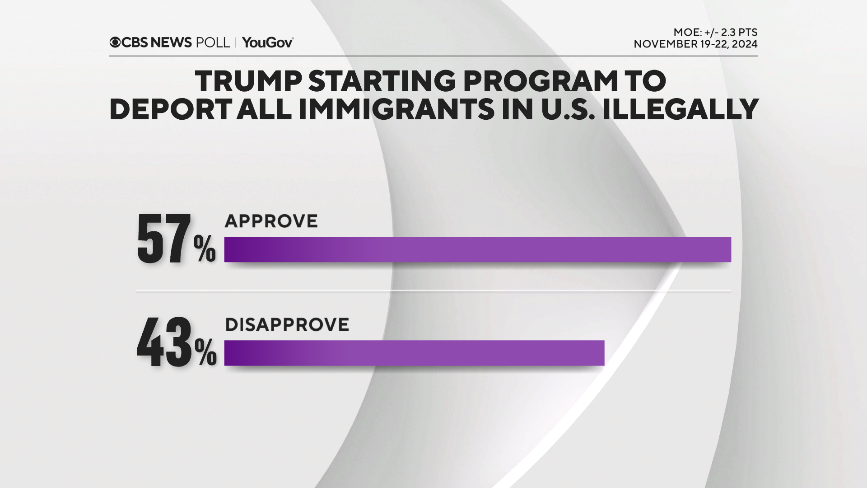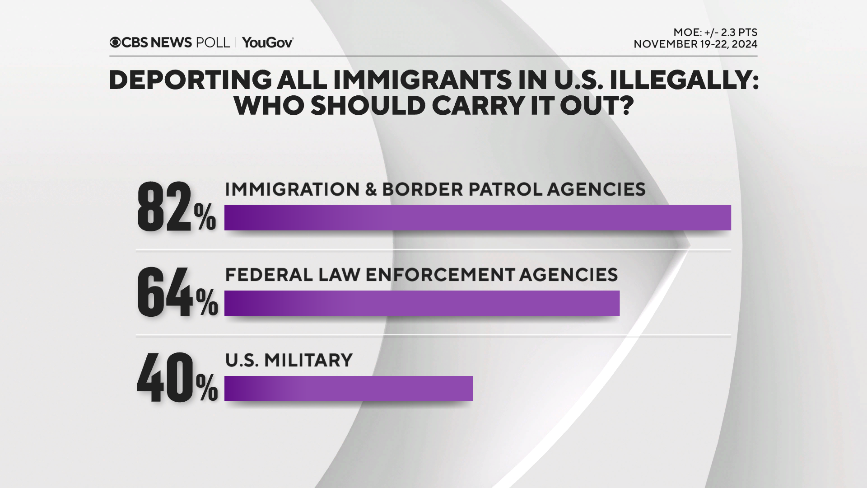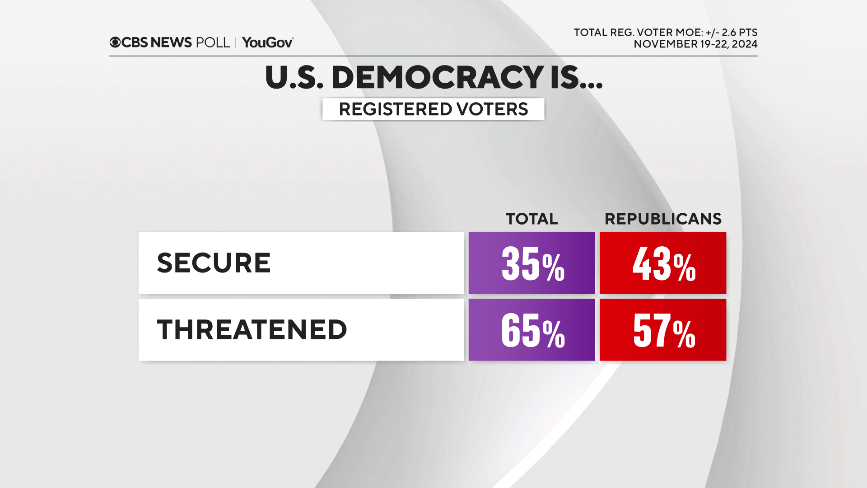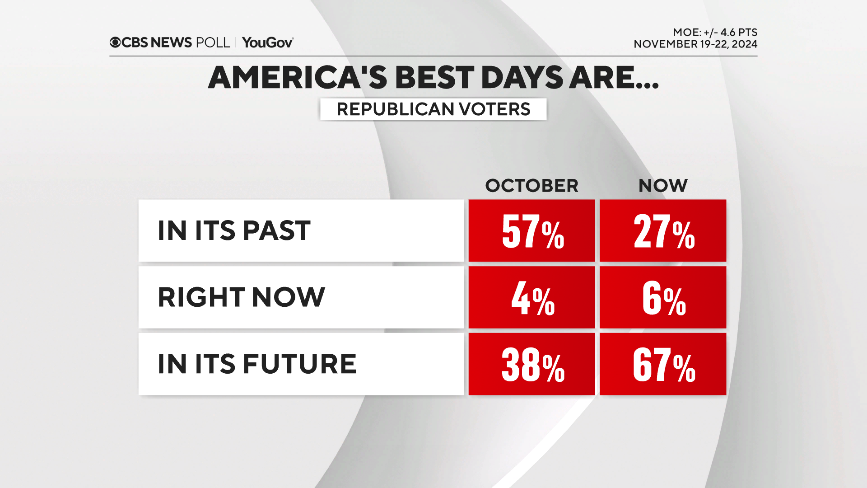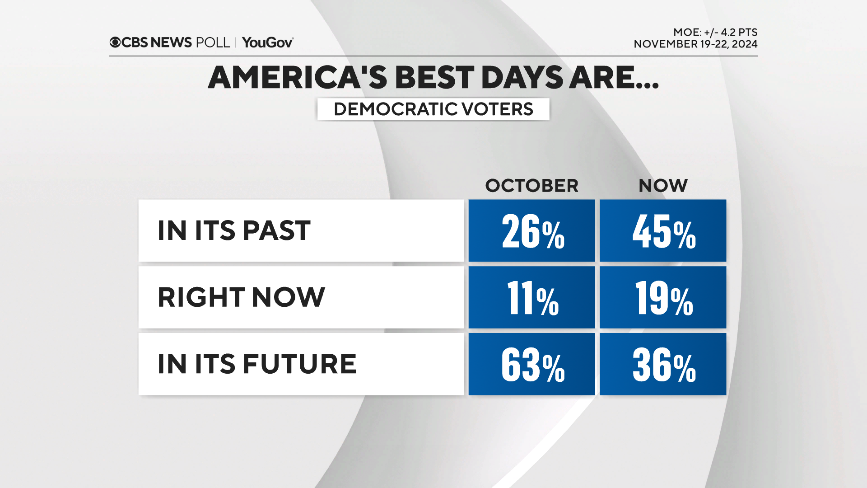CBS News
World seems headed for its first trillionaire and rich-poor gap has “supercharged,” anti-poverty group Oxfam says

Davos, Switzerland — The world could have its first trillionaire within a decade, anti-poverty organization Oxfam International said Monday in its annual assessment of global inequalities timed to coincide with the World Economic Forum — the annual gathering of political and business elites at the Swiss ski resort of Davos.
Oxfam has been trying for years to highlight the growing disparities between the super-rich and the bulk of the global population. Now it says the gap has been “supercharged” since the coronavirus pandemic.
The group said the fortunes of the five richest men – Tesla CEO Elon Musk, Bernard Arnault and his family of luxury company LVMH, Amazon founder Jeff Bezos, Oracle founder Larry Ellison and investment guru Warren Buffett – have spiked by 114% in real terms since 2020, when the world was reeling from the pandemic.
Oxfam’s interim executive director said the report showed that the world is entering a “decade of division.”
“We have the top five billionaires, they have doubled their wealth. On the other hand, almost 5 billion people have become poorer,” Amitabh Behar said in an interview in Davos.
“Very soon, Oxfam predicts that we will have a trillionaire within a decade,” Behar said, referring to a person who has a thousand billion dollars. “Whereas to fight poverty, we need more than 200 years.”
If someone does reach that trillion-dollar milestone – and it could be someone not even on any list of richest people right now – he or she would have the same value as oil-rich Saudi Arabia.
John D. Rockefeller of Standard Oil fame is widely considered to have become the world’s first billionaire in 1916.
Currently, Musk is the richest man on the planet, with a personal fortune of just under $250 billion, according to Oxfam, which used figures from Forbes.
By contrast, the organization said nearly 5 billion people have been made poorer since the pandemic, with many of the world’s developing nations unable to provide the financial support that richer nations could during lockdowns.
In addition, Oxfam said Russia’s invasion of Ukraine in February 2022, which sent energy and food costs soaring, disproportionately hit the poorest nations.
With Brazil hosting this year’s Group of 20 summit of leading industrial and developing nations in November, Lawson said it was a “good time for Oxfam to raise awareness” about inequalities. Brazilian President Luiz Inacio Lula da Silva has put issues that concern the developing world at the heart of the G20 agenda.
Oxfam said measures that should be considered in an “inequality-busting” agenda include the permanent taxation of the wealthiest in every country, more effective taxation of big corporations and a renewed drive against tax avoidance.
To calculate the top five richest billionaires, Oxfam used figures from Forbes as of November 2023. Their total wealth then was $869 billion, up from $340 billion in March 2020, a nominal increase of 155%.
For the bottom 60% of the global population, Oxfam used figures from the UBS Global Wealth Report 2023 and from the Credit Suisse Global Wealth Databook 2019. Both used the same methodology.
CBS News
Good enough to eat: Noah Verrier’s paintings of comfort food

Watch CBS News
Be the first to know
Get browser notifications for breaking news, live events, and exclusive reporting.
CBS News
A study to personalize nutrition guidance just for you

Watch CBS News
Be the first to know
Get browser notifications for breaking news, live events, and exclusive reporting.
CBS News
CBS News poll finds Trump starts on positive note as most approve of transition handling
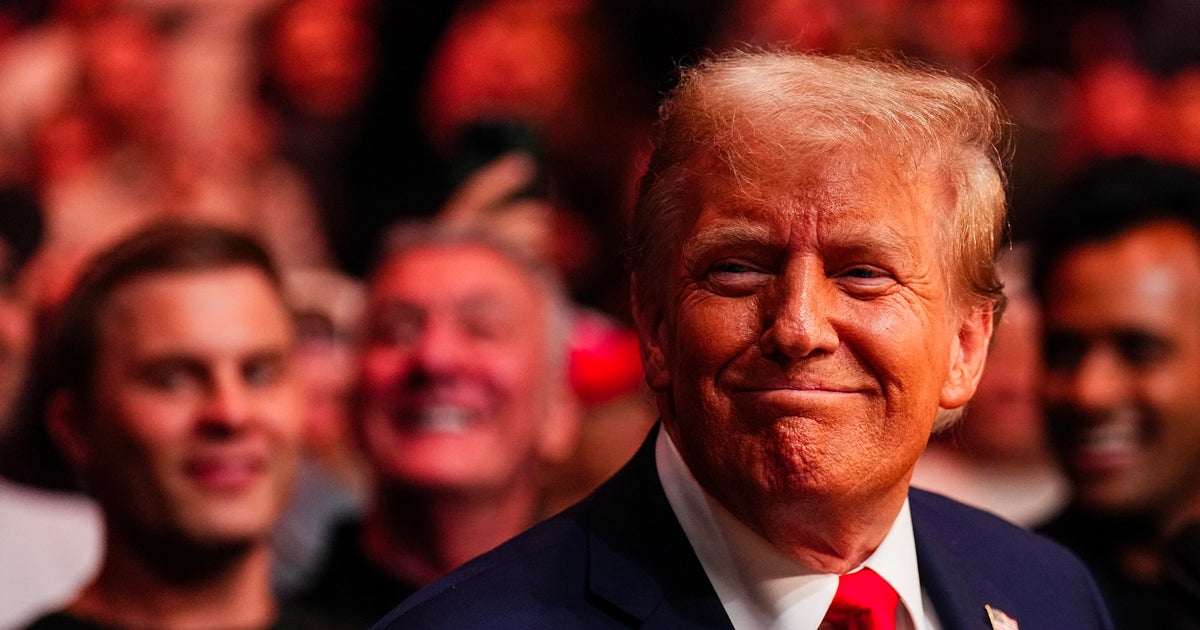
President-elect Donald Trump’s incoming administration starts off with mostly good will from the public: a majority of Americans overall are either happy or at least satisfied that he won and are either excited or optimistic about what he’ll do as president.
Trump’s handling of his presidential transition gets approval from most Americans overall and brings near-universal approval from his voters, along with a net-positive response about his selections for Cabinet posts, in particular, Sen. Marco Rubio, who is Trump’s pick to be secretary of state.
After inflation and the economy so dominated the election, Americans are more inclined to think his administration will bring down prices for food and groceries rather than raise them, and his voters overwhelmingly say that. Going into the election, his backers expected that, too.
In a similar vein, Trump’s election already has some Republicans’ views of the economy improving.
Overall, Republicans today are more excited about what Trump will do as president now than they were in 2016 when he was first elected.
Democrats say they feel more scared about what Trump might do than they did in 2016, and a large majority of Democrats think as president he will threaten their rights and freedoms. But at the same time, there seems to be a sense of exhaustion, as fewer than half of Democrats feel motivated to oppose Trump right now.
Americans, and Democrats specifically, do think the Biden administration should work with the incoming Trump administration to ensure a smooth transition, and that congressional Democrats should work with Donald Trump on issues where they find common ground.
Trump and the economy
After winning comes expectations. There’s a net optimism about the incoming administration’s effect on food and grocery prices, especially among Trump’s voters. That comes as most Americans continue to say prices are currently rising. And inflation was a big factor in Trump winning in the first place.
It may be no surprise then that among many potential items for the incoming administration, Americans say plans to lower prices ought to be the top priority.
The percentage of Republicans who call the U.S. economy good, while still low, has gone up, as the percentage who call it very bad has dropped. That pushes voters’ overall evaluation of the economy slightly higher than it’s been this year — and further spotlights how much partisanship, along with optimism, always plays into these evaluations.
Trump selections of Cabinet and agency chiefs for his administration
Trump’s current selections for agency heads and Cabinet picks get rated overwhelmingly as good choices from Trump’s voters, and are net-positive as selections among Americans who have heard enough about them to say. (Many have not heard enough yet.)
As a general rule, Americans want Trump to appoint people who’ll speak their minds and who have experience in the field or agency they’ll run. But in addition to those qualities, Republicans also want people who’ll be loyal to Trump.
A large majority of Republicans and Trump voters think Elon Musk should have at least some influence in the Trump administration. Americans overall are more split on that, largely along partisan lines.
Big majorities of Americans — and a slight majority of Republicans — would like to see the Senate hold hearings on his nominations, rather than let him make those appointments without it.
(Within self-identified Republicans, MAGA Republicans are relatively more inclined to say the Senate should skip the hearings.)
That sentiment holds whether or not people are told or reminded that the Constitution says the Senate should give advice and consent.
As a general matter, though, most of Trump’s voters and most Republicans do want Trump to have more presidential power this term than he did in his last. That sentiment is higher among Republican voters now than during the campaign.
Trump policies
On another economic front, Trump’s voters overwhelmingly favor the idea of tariffs: most of them don’t believe that will make prices higher. (For the third who believe tariffs will raise prices but support them anyhow, this is presumably a cost they’re willing to bear.)
For the public overall, opposition to tariffs goes hand in hand with the belief they’ll lead to higher prices.
As was the case with voters throughout the campaign, most Americans would, in principle, approve of a new mass deportation program.
If the Trump administration does start a mass deportation program, most of the public would have it carried out by law enforcement or current immigration agencies — most would not have the U.S. military do it.
Elections and democracy
The 2024 results have shifted Republicans’ views of U.S. democracy and also returned some confidence to their view of U.S. elections. Few Republicans suspect fraud in 2024. They overwhelmingly did about 2020.
Following Trump’s victory, there’s been an increase in the number of Republicans who say democracy and rule of law is secure, though most Americans continue to say it is not.
Looking ahead, there’s another shift along partisan lines. Throughout the campaign, Republicans said America’s best days were in its past, while Democrats felt they were in the future. These views are reversed now. After Trump’s win, most Republicans feel America’s best days are in its future.
This CBS News/YouGov survey was conducted with a nationally representative sample of 2,232 U.S. adults interviewed between November 19-22, 2024. The sample was weighted to be representative of adults nationwide according to gender, age, race, and education, based on the U.S. Census American Community Survey and Current Population Survey, as well as 2024 presidential vote. The margin of error is ±2.3 points.


